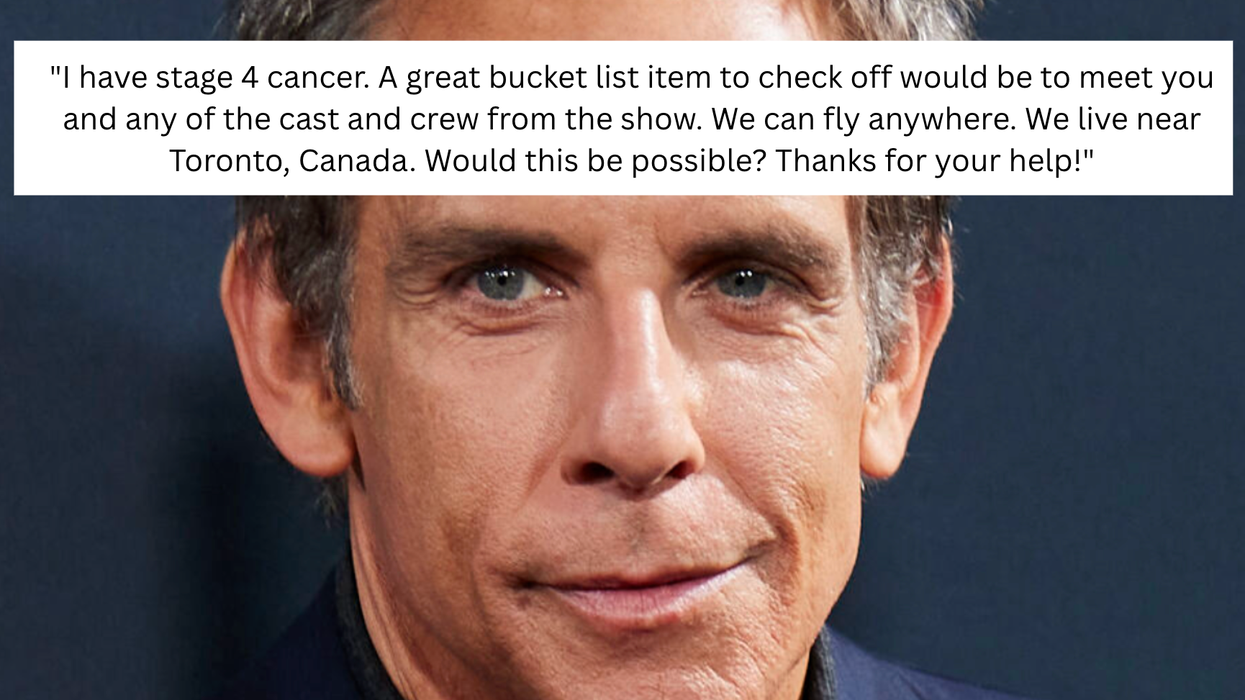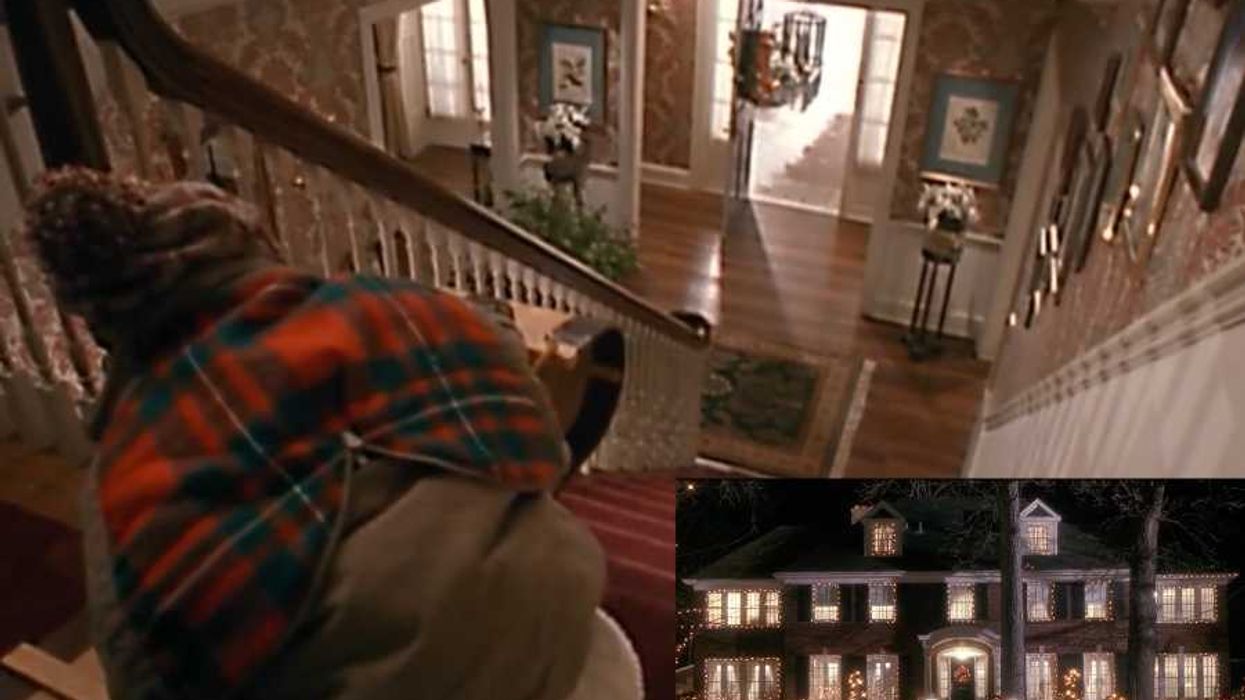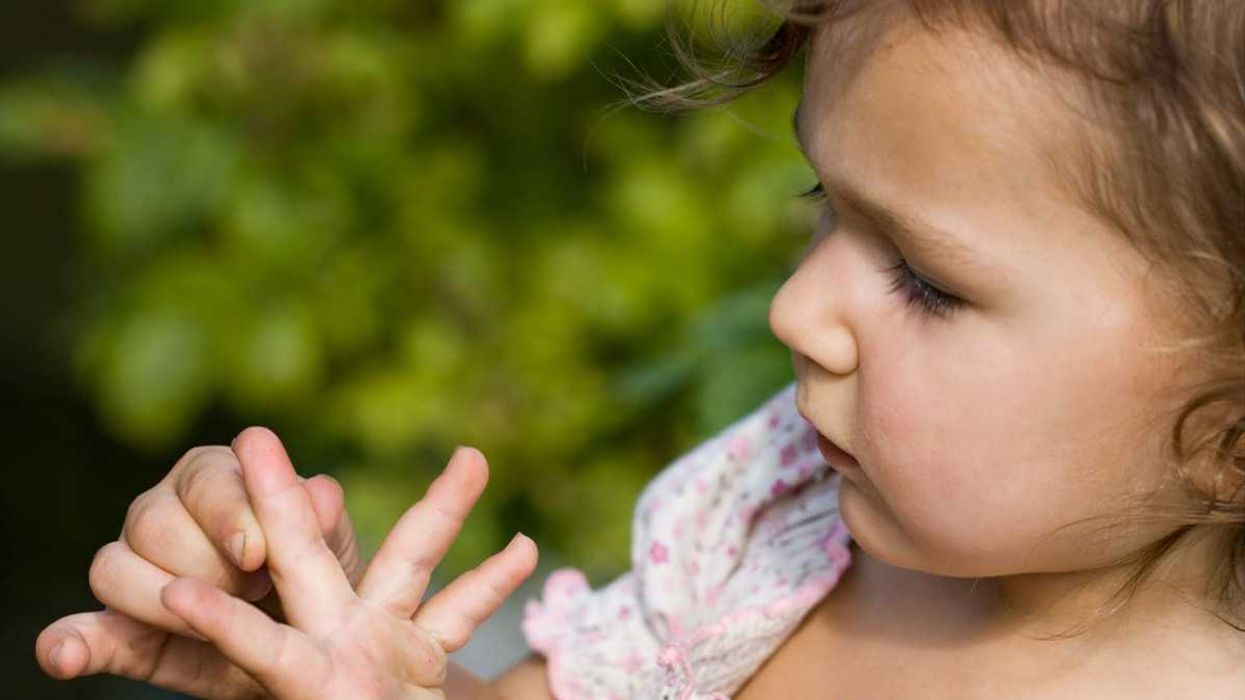A marauding customer left a one-star Yelp review over a cat in a bodega she frequented in the East Village and the internet responded in kind. The bodega cat wars were brief and devastating, with multiple feline-loving humans responding to the Yelp review once word got out about its existence. Twitter was not amused.
But there’s a very good reason to have cats roaming around bodegas and lounging on top of six-packs of Budweiser: rodents. With cities becoming enlivened with construction, typical rat enclaves have gotten disturbed and the critters are left to scurry around for different real estate. Some major cities are looking to an old-fashioned solution to the problem. One of those cities is Chicago, where rat complaints are up 67 percent this year, according to CNN. And even after a new rodent task force crunched the data, the most effective solution to Chicago’s rat problems seems to be good old cats.
It’s a tale as old as time. Beginning with the Natufians (the ancestors who dawned our agricultural age) came rats, who found large stores of grain too appetizing to pass up. To combat them came the cat. And that’s where we still stand, some 13,000 years later. Some solutions just don’t get any better. New Yorkers seem to think so, as well. In response to that one-star review, New Yorkers started giving glowing reviews to the bodega in question, lambasting poor old Diana D., who seemed to leave the original review. With Yelp beginning to delete the reviews, one New Yorker started a Change.org petition to get the city to make Bodega cats legal.
Since then, the petition has reached 3,000 signatures and growing. Will we get the ability to pet adorable bodega cats freely any time soon? Not so fast. New York is still a town with rules. According to Gothamist, bodega cats are still considered a “general deficiency” and bodega owners can get hit with a $3,000 fine if a cat is found living in the establishment. Still, with rat fecal matter fineable at $300 a pop, it might pay to keep a Garfield around, even if it offends the delicate sensibilities of a few new New Yorkers. And then there’s this:
A photo posted by Matt Sebastian... (@sebastianxmatt) on


















 The Emergency Department.Photo credit:
The Emergency Department.Photo credit:  Little girl with a splinter.Photo credit:
Little girl with a splinter.Photo credit:  Woman on phone after car accident.Photo credit:
Woman on phone after car accident.Photo credit: 


 A hotel clerk greets a guestCanva
A hotel clerk greets a guestCanva Gif of Faye Dunaway' as Joan Crawford demanding respect via
Gif of Faye Dunaway' as Joan Crawford demanding respect via  An empty rooftopCanva
An empty rooftopCanva
 A road near equatorial Atlantic OceanCanva
A road near equatorial Atlantic OceanCanva Waves crash against rocksCanva
Waves crash against rocksCanva